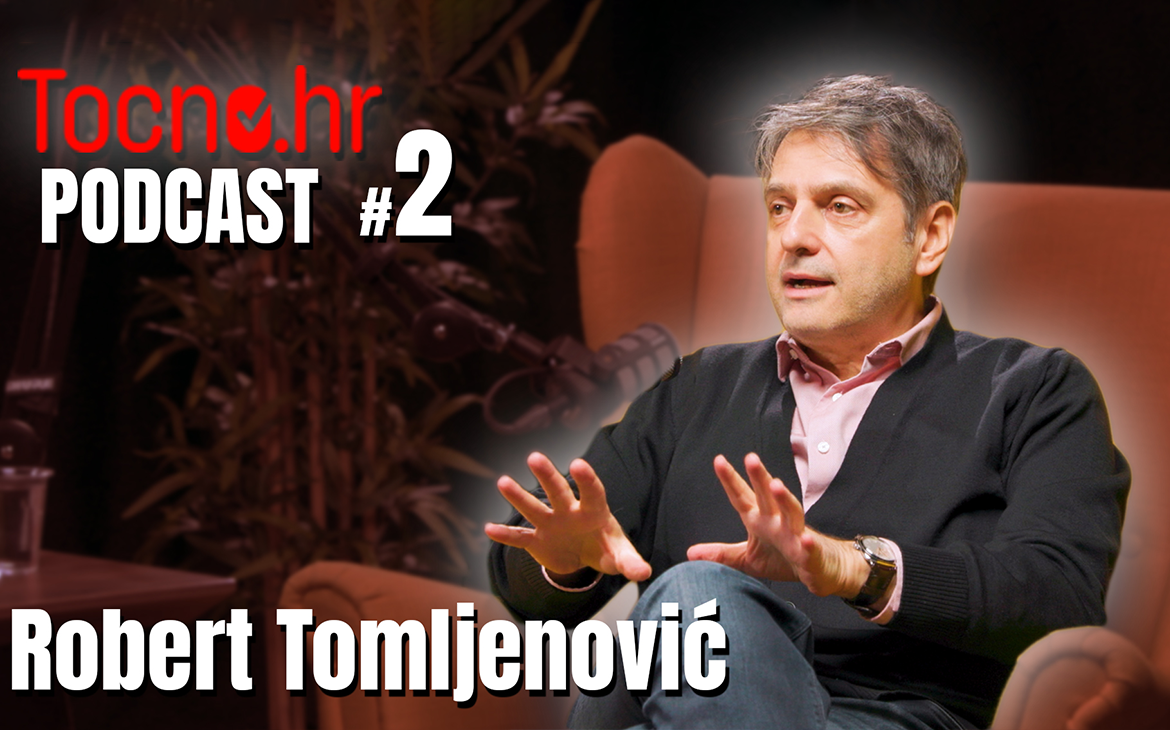He currently serves as Deputy Director of the Electronic Media Agency and Deputy President of the Electronic Media Council. In the Algebra studio, through an interview with Andreja Čović Vidović, he focused on presenting the work of regulatory bodies and their significance.
It all started with the development of the Internet, so it is important to look back at its evolution. “When the Internet began to develop, the approach to its formation and emergence was almost romantic, with the belief that it should be left to free development in an unregulated space, without restrictions. In the early 2000s, the whole world took a soft approach to the Internet, viewing it as something new and different. (…) But let’s imagine that we do not have regulators in the banking, financial or energy sectors. History has shown that humanity needs some kind of regulation. In every industry, there is a regulator, preferably an independent body that oversees its activities. (…) For example, if we did not have an agreement that red on a traffic light means ‘stop’ and green means ‘go’, that would be an example of a lack of regulation,” explains Tomljenović.
Speaking about the importance of regulation, the Code of Good Practice in Suppressing Disinformation was also mentioned. “Given that the Code is not binding, it is difficult to expect entities on the market to ignore their own interests and act exclusively for the benefit of citizens,” Tomljenović pointed out.
The conversation took place within the framework of a project that is part of the National Recovery and Resilience Plan, and includes investments, measures and investments in kindergartens, infrastructure and other key segments. The question arises as to which part of this plan the fact-checking project belongs to. “The agency is not implementing this project independently; it is implemented by two bodies – AEM and the Ministry of Culture and Media, where the idea of the project came from these institutions. The project was initiated during the first wave of the pandemic, when misinformation was extremely widespread, with the aim of helping citizens and the public to more easily check information and recognize accurate data,” explained Tomljenović.
He added: “During the three years of project implementation, we conducted basic research to determine the way of working and the direction of further development. The study, prepared by professors Marijana Grbeša Zenzerović and Iva Nenadić, provides a comprehensive overview of key topics, including the problem of disinformation, the transformation of the media, the influence and role of social networks, and the position of journalism.”
Finally, he emphasized that media literacy and the development of critical thinking are key and that it is important to adapt media education to different age groups.
Listen to the podcast and learn more about the importance of regulatory bodies in the fight against disinformation and preserving the quality of the media space and find out why media literacy is crucial in today’s information age.
Robert Tomljenović completed his undergraduate studies in journalism and a graduate professional study in Business Communications Management. He began his journalistic career at Radio 101 as a journalist and news editor, and then tried his hand at the role of editor and host on television. He is one of the program founders of the network of local televisions called Vijesti dana CNNa, which received the annual HND award in 2000. He initially worked for BCC World as a correspondent and then as an editor. He also tried his hand at the role of producer on the series “Veliki brodolomi Jadrana”, “Boomerang” and “Počivali u miru”.
Funded by the European Union – NextGenerationEU. The views and opinions expressed are those of the author only and do not necessarily reflect the official views of the European Union or the European Commission, nor of the Agency for Electronic Media. The European Union and the European Commission, nor the Agency for Electronic Media, cannot be held responsible for them.


